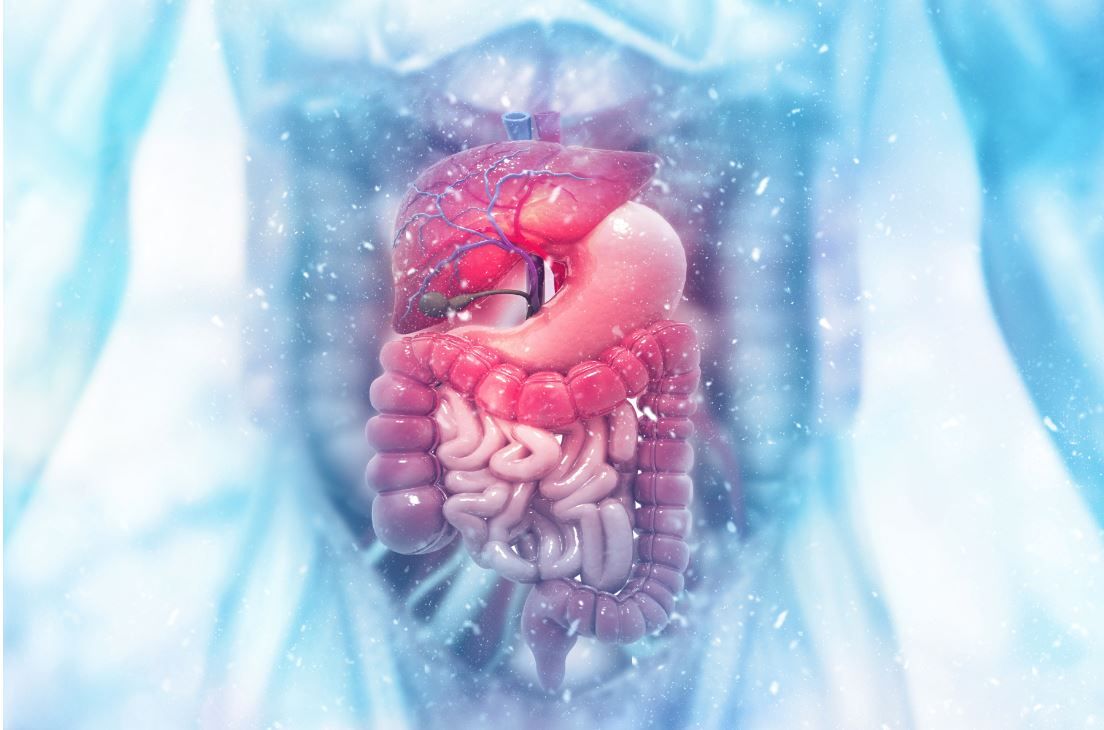- Clinical Technology
- Adult Immunization
- Hepatology
- Pediatric Immunization
- Screening
- Psychiatry
- Allergy
- Women's Health
- Cardiology
- Pediatrics
- Dermatology
- Endocrinology
- Pain Management
- Gastroenterology
- Infectious Disease
- Obesity Medicine
- Rheumatology
- Nephrology
- Neurology
- Pulmonology
COVID-19 and GI Disorders: A Clinical Update
GI symptoms in COVID-19 have been reported at rates as low as 5% and as high as 50%. This short clinical update highlights what is known and how to care for GI patients.
©Crystal Light/stock.adobe.com

Cough, fever, fatigue, or sore throat are the most common symptoms of COVID-19, however there is recent evidence suggesting the potential for coronavirus transmission through droplets and perhaps fecal shedding. While new science is coming out all the time about novel coronavirus and the resulting disease, here we will review the current understanding from a GI perspective along with current recommendations from the American College of Gastroenterology.
Special considerations for GI conditions
The incidence of nausea and/or diarrhea in COVID-19 is not completely known since there are some reports of these symptoms ocurring in less than 5% of patients and others at that say as high as 50%.
However, there have been some reports of isolated diarrhea preceding cough and fever.
Currently, GI societies have put out statements that asymptomatic spread can occur during the prodromal phase, with viral shedding greatest when symptoms begin. It has been demonstrated that viral RNA is detectable in stool and for this reason, potential fecal-oral transmission must be considered
Along with GI symptoms, abnormal liver enzymes have been recorded in 20 to 30% of patients with COVID-19 infection. The other associated laboratory abnormalities are seen in the complete blood count.
Specifically, a leukocyte count drop or elevated WBC is a poor prognostic sign in COVID-19 infection.
Caring for patients with GI conditions
- Elective, non-urgent procedures should be rescheduled until after viral precautions are lifted. The caveat to this is that cancer evaluations, prosthetic removals, evaluation of significant symptoms may not be able to be delayed.
- Before undergoing a GI procedure, a patient should be pre-screened for high risk exposure or symptoms. This pre-screening should include asking about history of fever or respiratory symptoms, close contacts with similar symptoms, or confirmed cases of COVID-19.
- Patients with severe chronic health conditions, such as heart disease, lung disease, diabetes, decompensated cirrhosis, HIV with low CD4 counts, and immunosuppression, (including liver and other solid organ transplant recipients) should avoid entering a medical facility unless it is absolutely necessary. Patients aged older than 65 years should also be considered a vulnerable population.
- Donning and doffing appropriate PPE is necessary for all members of the endoscopy team.
- All patients undergoing evaluation for GI conditions should have their temperature checked at time of arrival to the clinic or endoscopy unit.
- If a patient has confirmed COVID-19, or is awaiting test results, but requires a GI procedure, isolation precautions should be taken with procedures performed in negative pressure rooms.
- Office visits should be offered via telemedicine if possible in order to decrease the density of patients in the office.
- Patients with conditions that require immunosuppression, such as IBD or autoimmune hepatitis, should continue taking their medications.
There will be an expected increase in GI procedures in the post-quarantine era as the elective procedures that were rescheduled need to be performed. Working with your gastroenterology colleagues to help prioritize cases will be most effective as the backlog is being sorted. Together we will succeed in caring for our patients during their time of need.
________________________________________________________________
Resources
Gu J, Han B, Wang J. COVID-19: Gastrointestinal manifestations and potential fecal-oral transmission. Gastroenterology. 2020 Mar 3. pii: S0016-5085(20)30281-X. [Epub ahead of print] https://doi.org/10.1053/j.gastro.2020.02.054
Huang C, Wang Y, Li X, Ren L, Hao J, Hu Y, et al. Clinical features of patients infected with 2019 novel coronavirus in Wuhan, China. Lancet 2020; 395: 497-506 https://doi.org/10.1016/S0140-6736(20)30183-5
WEO ALERT: Wuhan proposal for Safety in Digestive Endoscopy. http://www.worldendo.org/2020/02/05/weo-alert-wuhan-proposal-for-safety-in-digestive-endoscopy/
Xiao F, Tang M, et al. Evidence for gastrointestinal infection of SARS-CoV-Gastroenterology. 2020 Mar 3. pii: S0016-5085(20)30282-1. [Epub ahead of print] https://doi.org/10.1053/j.gastro.2020.02.055
FDA Approves Updated Indication Statement for Upadacitinib in Inflammatory Bowel Disease Treatment
October 14th 2025FDA approves updated indication for upadacitinib in ulcerative colitis and Crohn disease treatment, allowing use after one systemic therapy when TNF blockers are clinically inadvisable.
